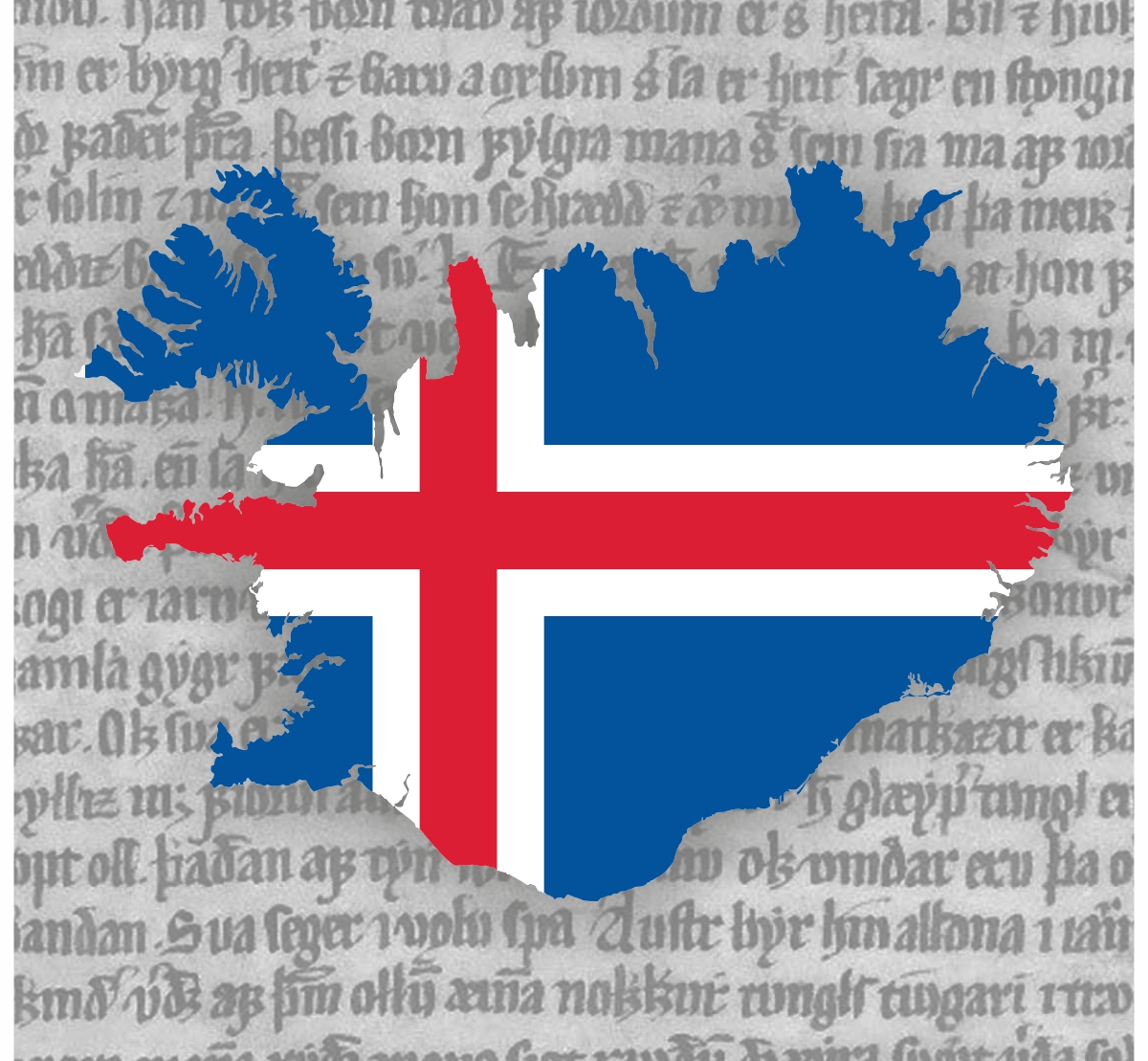Icelandic, a language known for its inventive neologisms rooted in Norse history, faces a digital threat amid the dominance of English in the online world.

Despite its resilience over a millennium, the language, spoken by just 400,000 people, is undergoing "digital minoritisation." Young Icelanders immersed in an English digital environment struggle to build a robust base in their native tongue, risking a generation growing up without a proper mother tongue. The impact of English, intensified by smartphones and online content, presents a unique challenge, jeopardizing the vitality of Icelandic in various domains. The government allocates funds for language technology, but the uphill battle persists.
The Icelandic government is set to intensify efforts to both defend and promote the Icelandic language in the coming years, as outlined in key actions presented by the Ministerial Committee on the Icelandic Language on November 29, 2023. The comprehensive plan encompasses attitudes towards Icelandic, its role in culture and the arts, and initiatives targeting immigrants.
Key highlights of these efforts include introducing a competition inviting young individuals to generate Icelandic content on social media designed to resonate with diverse genders.
Emphasis on the critical role of Icelandic language support is underscored both in the government charter and through a parliamentary resolution proposal for a strategic action plan (2023–2026) initiated by the Minister of Culture and Business Affairs. Headed by Prime Minister Katrín Jakobsdóttir, along with Lilja Alfreðsdóttir (Minister of Culture and Business Affairs) and Guðmundur Ingi Guðbrandsson (Minister of Social Affairs and the Labor Market). In addition to them, Ásmundur Einar Daðason (Minister of Education and Children) and Áslaug Arna Sigurbjörnsdóttir (Minister of Higher Education, Science and Innovation) sit on the committee.
The Ministerial Committee ensures seamless coordination among ministries regarding Icelandic language matters. This ambitious action plan is intricately linked with government priority projects, addressing language concerns in alignment with immigration policy, education strategies, and the 2030 tourism action plan.
Additionally, a distinct parliamentary resolution proposal focuses on Icelandic symbols, promoting a positive attitude, acknowledging the significance of Icelandic sign language, and advocating for the equal participation of sign language speakers in public life.
Implementing initiatives such as job-related Icelandic learning for immigrants, enhancing the quality of Icelandic teaching, and augmenting dubbing and subtitling in Icelandic are part of these efforts. Emphasizing the preservation of Icelandic as a natural language, integrating Icelandic and foreign mother tongues in professional courses, and ensuring continuous professional development for those teaching Icelandic as a second language are also integral components of this comprehensive approach.
The Icelandic Language Day, celebrated annually on November 16, underscores the nation's commitment to linguistic preservation.
Background on Icelandic:
Icelandic, a North Germanic language with about 400,000 speakers, serves as the national language of Iceland. Its conservative nature, retaining a four-case synthetic grammar and maintaining a conservative vocabulary policy, distinguishes it from other Germanic languages. The Árni Magnússon Institute for Icelandic Studies and the Icelandic Language Council play crucial roles in preserving the language and guiding language policy.
In summary, Icelandic stands out for its linguistic conservatism, maintaining historical features and resisting significant external influences. Efforts by institutions and language regulators aim to ensure its preservation and relevance in the contemporary world.
The tags below provide an opportunity to view previously posted related news within the selected category
